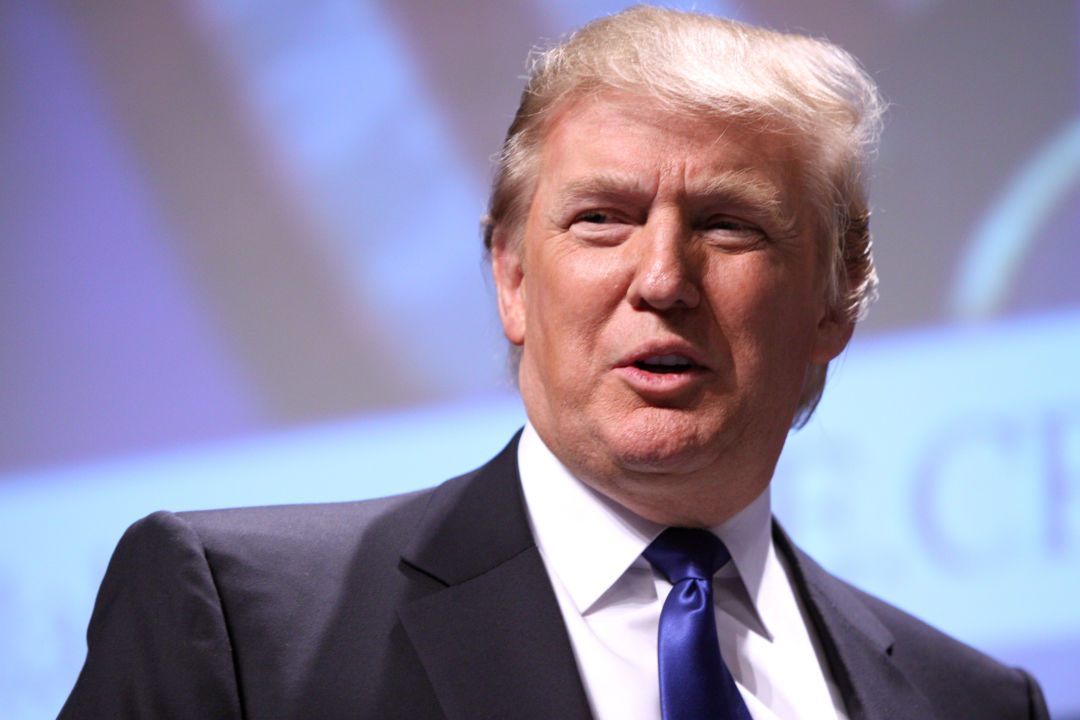Watch Out for Changes to the Skilled Worker Visa Program

President Trump
Image: Gage Skidmore/Flickr
In April, President Trump signed an executive order to support his “Hire American” policy. The order directs several federal departments to study and recommend changes to work visa programs to make sure visas are awarded to the most highly skilled, highly paid foreign workers. The Trump administration has alleged fraud and abuse of these programs, one of which is the H1-B visa program.
The United States each year grants 85,000 H1-B visas (20,000 are for workers with advanced degrees) through a computer-run lottery system. This year, the nation received about 200,000 applications.
While Trump’s executive order didn’t specify how he wants foreign workers’ visas to change, administration officials have said they are considering increasing eligible wage levels, raising application fees and giving emphasis to immigrants with advanced degrees, reports The New York Times. Silicon Valley tech companies—big users of H1-Bs—are worried, but local companies are watching as well.
Maria del Carmen Ramos, partner and immigration practice co-administrator for Shumaker, Loop and Kendrick, LLP, in Tampa, has local clients, such as a company that places doctors and dentists in practices across the country. Another client needs physicians who are willing to travel throughout Florida. Ramos denies that abuse is rampant under the H1-B program, noting that the financial commitment for employers can be huge. Employers pay a government application fee of around $3,000 per applicant and hire immigration attorneys as well as pay the prevailing wage, which is usually higher than it is for Americans. “You get one bad apple and you tend to stereotype,” she says.
Sabine Weyergraf of Weyergraf Immigration, P.A. in Sarasota also has local clients in the technology field and says local hotels use the H1-B as well. Her clients are concerned. “They don’t know if they can continue a project or expand,” she says. “A lot of them are in limbo.”
Weyergraf is telling her clients not to panic and to investigate other visa programs. Ramos is advising clients to make sure all documentation is in top shape because U.S. Citizenship and Immigration Services will be increasing onsite visits.
“Companies should also contact their elected representatives and tell their stories,” she says.
In the meantime, several bills that could change immigration practices, including the H1-B, are winding through Congress.
“Employers need to brace themselves,” says Ramos.